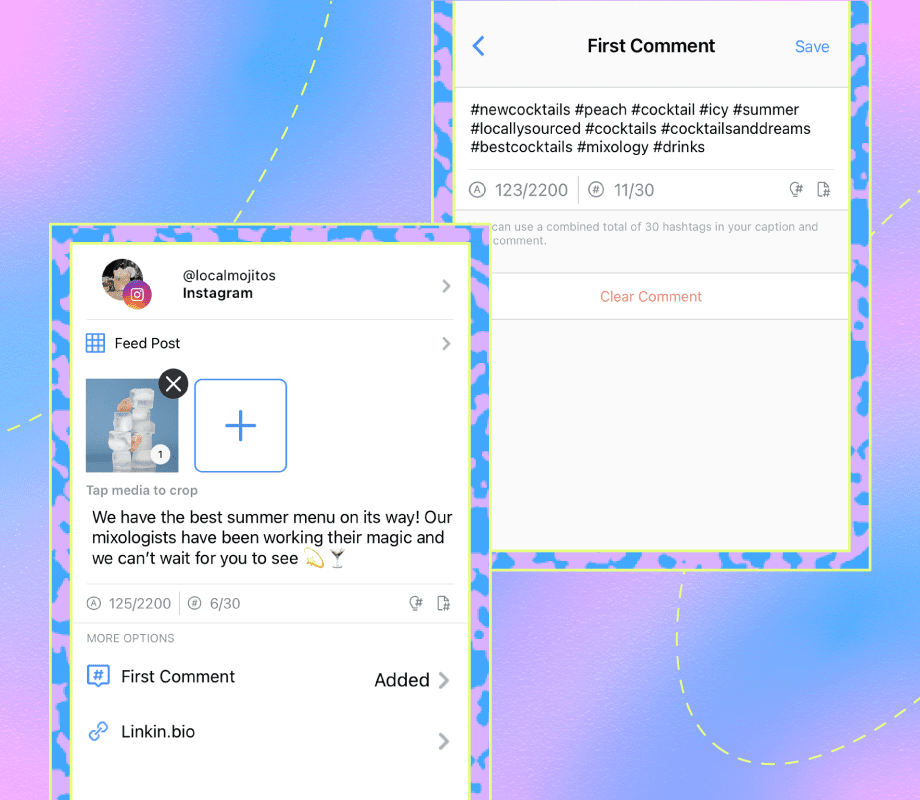What does it signify when a major blockchain conference announces a speaker list that bridges the worlds of traditional business, politics, and decentralized technology? Korea Blockchain Week 2025 (KBW2025), the most prominent Web3 conference in Asia, has unveiled its second round of speakers and lead partners for its September event in Seoul. This roster includes figures from both the Web3 sector and global institutions, notably American Bitcoin’s Donald Trump Jr., signalling a potential shift in the public perception and mainstream engagement with blockchain technology.
Diverse Voices and Expanding Perspectives
The inclusion of Donald Trump Jr., a businessman and a figure in the crypto mining company American Bitcoin, highlights a broader trend of individuals from traditional sectors entering the Web3 dialogue. Their presence at KBW2025, alongside established crypto figures like Arthur Hayes and Ben Zhou, suggests a push to broaden the appeal and discussion at the conference beyond purely technical or crypto-native audiences.
The speaker lineup also includes Lily Liu, President of the Solana Foundation, who brings a background from Earn.com, a company acquired by Coinbase. Other confirmed speakers like Keone Hon of Monad Foundation, Guy Young from Ethena Labs, and Sandeep Nailwal from Sentient represent various facets of the decentralized technology landscape, from layer 1 blockchains to DeFi protocols. This diverse selection of speakers indicates an intention to cover a wide range of topics, from artificial intelligence to real-world asset tokenization, reflecting the multifaceted nature of the Web3 space.
Strategic Partnerships: Unpacking Sui, Stable, and 0G
KBW2025 has also confirmed three lead conference partners: Sui, Stable, and 0G. Each of these partners represents a distinct area of innovation within the blockchain ecosystem, and their presence underscores the conference’s focus on technological advancements and real-world applications.
Sui, a Layer 1 blockchain platform developed by Mysten Labs, emphasizes quick and private digital asset ownership and utilization. Layer 1 blockchains are the foundational blockchains, such as Bitcoin or Ethereum, that process and finalise transactions on their own network without relying on another blockchain. Sui’s focus on privacy protection means that while all operations on Sui are visible, users can use multiple different addresses to protect their privacy, and transactions operate on assets according to rules set by smart contract creators. Adeniyi Abiodun, co-founder and Chief Product Officer of Mysten Labs, is expected to share insights on global Web3 adoption. This partnership highlights the importance of scalable and user-friendly infrastructure solutions that facilitate the broader adoption of decentralised technologies.
Stable, backed by Tether, the issuer of USDT, aims to provide a stable and efficient transaction environment. USDT is a stablecoin, a cryptocurrency designed to maintain a stable value relative to a specific asset, in this case, the United States Dollar. Stable plans to use USDT as a transaction fee token, which means users will pay network fees in USDT rather than a separate native token. This could simplify enterprise payments by reducing the need to hold multiple types of cryptocurrencies for different functions. For example, a business using Stable for international transactions would only need to hold USDT for both the transaction value and the network fee, streamlining their operations. Joshua Harding, Stable’s CEO, is anticipated to discuss the impact of stablecoin-based blockchain infrastructure on future financial markets. This partnership highlights the increasing role of stablecoins in facilitating efficient financial transactions and enterprise solutions within the blockchain space.
The third partner, 0G, is a modular Layer 1 blockchain project that positions itself as a decentralized AI operating system. Modular Layer 1 blockchains separate core functions like execution, data availability, and settlement into different layers or modules, allowing for greater scalability and flexibility. By integrating artificial intelligence with blockchain technology, 0G aims to enable next-generation AI applications to run directly on-chain with unrestricted scalability. For example, instead of large AI models running on centralized servers, 0G seeks to provide the infrastructure for them to operate securely and transparently on a decentralized network. Michael Heinrich, co-founder and CEO of 0G, will offer perspectives on the convergence of crypto and AI, including opportunities and challenges. This partnership signals the growing interest in combining AI’s capabilities with blockchain’s decentralized and verifiable nature.
Final Outlook
The evolving landscape of Korea Blockchain Week, particularly with its latest speaker and partner announcements, reflects a significant moment for the Web3 industry. The inclusion of figures like Donald Trump Jr., regardless of individual opinions, indicates a growing crossover appeal for blockchain technology beyond its initial niche. This broadening of representation could lead to increased mainstream awareness and potentially, greater institutional adoption, though it also raises questions about the political and economic implications of such figures engaging with decentralized technologies.
The focus on cutting-edge technologies through partnerships with Sui, Stable, and 0G underscores the industry’s drive towards practical, scalable, and integrated solutions. Sui’s emphasis on privacy and speed, Stable’s pragmatic approach to enterprise payments using USDT, and 0G’s ambitious vision for decentralized AI all point to a future where blockchain is not just a speculative asset, but a foundational layer for everyday applications and financial systems. While the promise of these technologies is substantial, the challenge remains in delivering on their potential in a secure, compliant, and user-friendly manner. KBW2025 appears positioned to foster critical discussions around these advancements, connecting the vibrant South Korean market with the global Web3 ecosystem and solidifying Seoul’s role as a hub for innovation. The week-long event’s blend of conferences, hackathons, and cultural activities suggests an effort to create a comprehensive experience that will shape the future trajectory of Web3.
Don’t forget to like and share the story!











